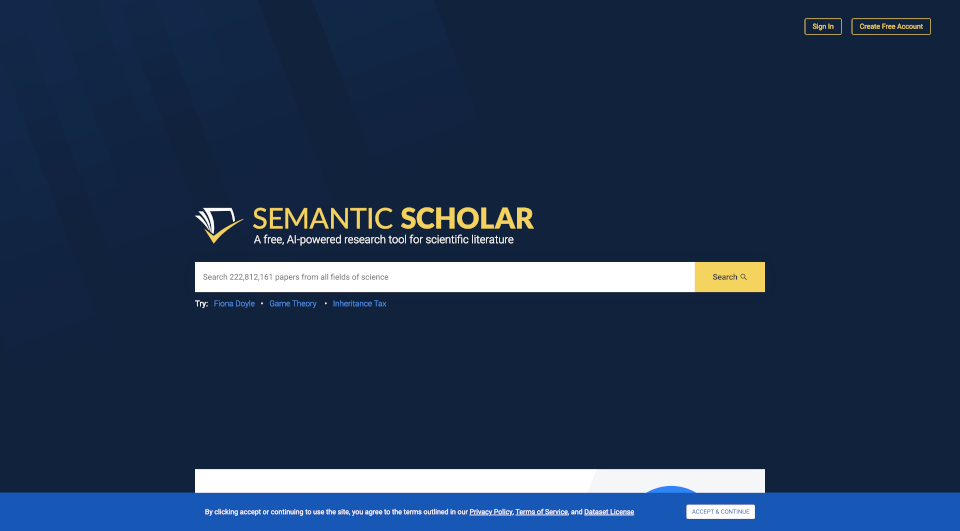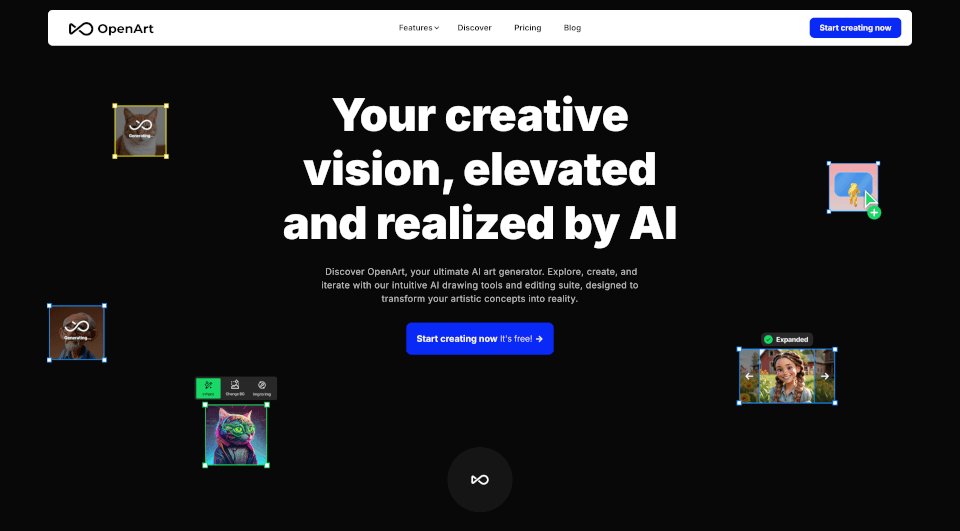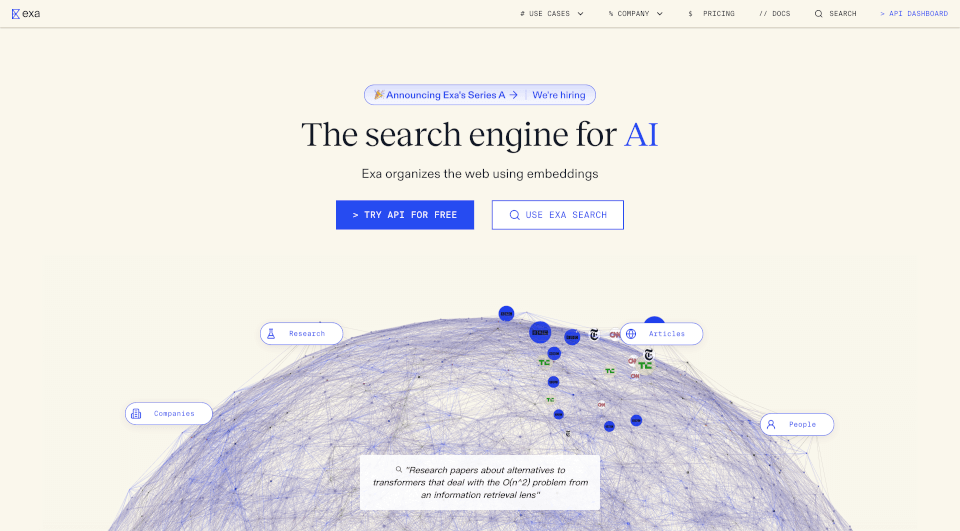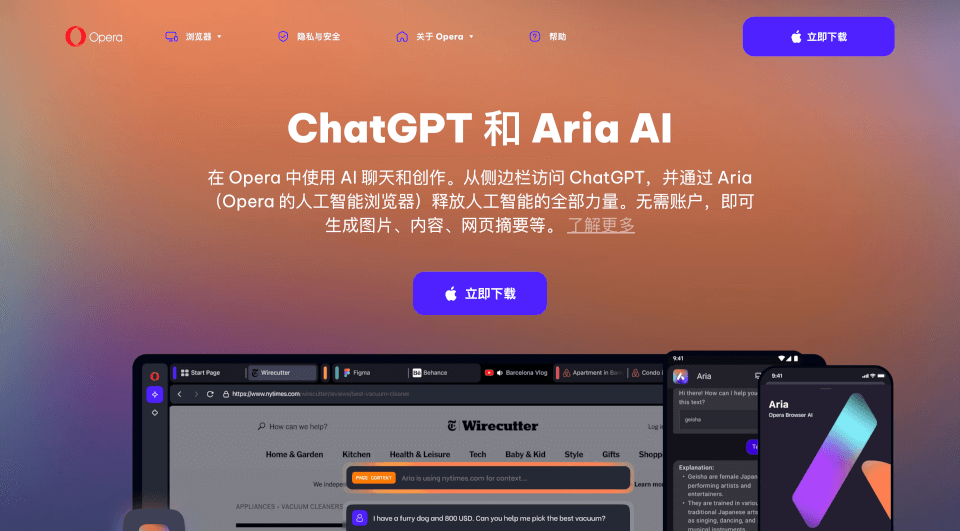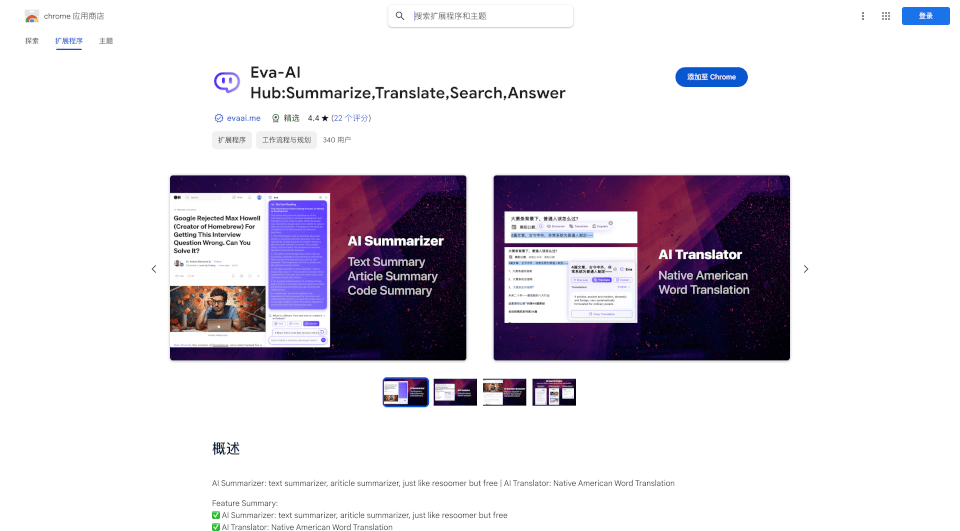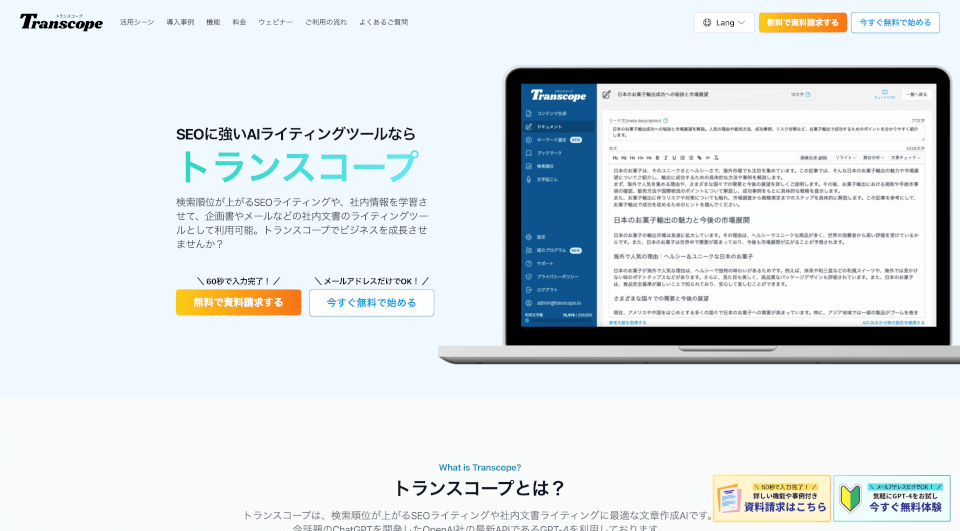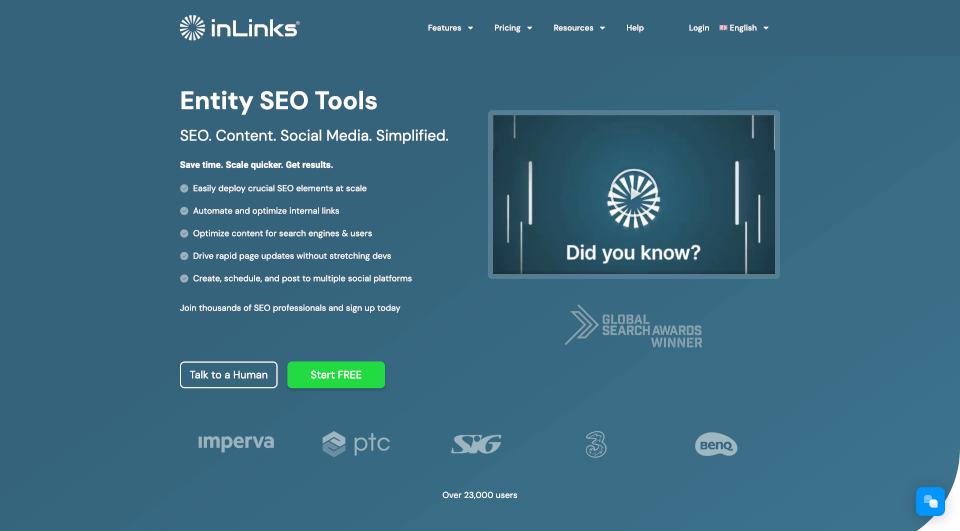什么是Semantic Scholar?
Semantic Scholar 是一款革命性的人工智能驱动的研究工具,旨在增强科学文献的发现。它借助尖端的人工智能和工程技术来理解科学作品的语义,大大帮助学者在各种领域中找到相关研究。Semantic Scholar 可以搜索超过2.22亿篇科学领域的论文,是研究人员和学者不可或缺的资源。
Semantic Scholar的核心功能有哪些?
- 强大的AI驱动搜索功能: Semantic Scholar 利用先进的AI算法提供全面的搜索能力,使用户能够高效地在众多科学学科中找到相关研究论文。
- 语义理解: 该平台不仅限于关键词匹配,而是通过理解文本的语义,提供更具上下文相关性的搜索结果。
- 增强的语义阅读体验器: 当前处于测试阶段的语义阅读器通过使科学文献更加易于理解和富有上下文,提高阅读过程。这是针对部分论文的定制应用,让您一窥未来直观科学阅读的发展方向。
- 全新及改进的API: 开发人员现可利用优化API,提供论文检索、完备文档和增强稳定性,助力创建利用学术数据的创新应用。
Semantic Scholar的特性是什么?
- 全面的文献数据库: 拥有超过2.22亿篇论文的访问权限,Semantic Scholar 涵盖广泛的科学领域,保证研究人员能找到最新和最相关的研究。
- 包容性的研究环境: 通过优化AI研究的效率,Semantic Scholar 旨在降低碳足迹,同时让那些没有雄厚资金的研究人员可以使用该平台,促进包容性的学术环境。
- 持续更新与改进: 平台在积极开发中,不断对其功能进行更新和改进,确保它始终走在学术研究工具的前沿。
Semantic Scholar的使用案例有哪些?
- 学术研究: 学者、科学家和学生可以使用Semantic Scholar 查找对他们的学术工作至关重要的研究论文和文献综述,无论是撰写论文、论著,还是毕业论文。
- 文献综述与分析: 开始文献综述的研究人员可以从Semantic Scholar 提供的全面且语义丰富的搜索结果中获得巨大帮助。
- 开发AI和技术应用: 希望创建学术或研究用途应用程序的开发人员可以从Semantic Scholar 提供的可访问且功能强大的API中获益,为研究领域的新技术创新打开可能性。
如何使用Semantic Scholar?
要开始使用Semantic Scholar,用户可以访问平台网站并创建一个免费账户。然后可以通过关键词、作者姓名或学术主题开始搜索科学文献。有兴趣使用Semantic Scholar API的开发人员可以访问文档和教程,将其功能集成到他们的应用中。
Semantic Scholar定价信息:
Semantic Scholar 是一个免费工具。然而,对于开发人员或企业可能有特定的优惠来利用其API的高级功能。
Semantic Scholar公司信息:
Semantic Scholar 由艾伦人工智能研究所(AI2)开发和维护,这是一家致力于开发可造福人类的AI技术的领先研究机构。
